THE PRICE OF BLOOM
Curated by Micol Curatolo
Curated by Micol Curatolo
The exhibition ‘The Price of Bloom’ traces the journey of the fruit sold in Finnish grocery shops back to the south of Spain in Murcia, where large quantities of fruit are produced for the European market. The artist Myriam Gras follows the work of local peach farmers who narrate how the landscape and horticulture have been transformed by the expansion of agricultural technologies, the taste of consumers elsewhere, and the impact of climate change.
Known as “Europe’s Greenhouse”, since the 1970s, Murcia has been transformed from a deserted area into one of Spain’s most economically thriving regions. This was once established by the efforts of small family-owned farms. Today, the landscape is dominated by the economic and physical infrastructures of monoculture and ‘plasticulture’ – cultivation maximised under the controlled environment of large greenhouses.
Centred around the peach tree, the exhibition focuses on the network of workers, businesses and knowledges that act around fruit production. The peach tree embodies and resists these contradictions. Its pink bloom nestles between asphalt roads and the opaque luminescence of greenhouse plantations. Too sensitive to grow under mechanised conditions, the peach requires extensive manual labour and the development of new ways of knowing. Its flowers become a symbol of the potential worth of the harvest, and a metaphor – hidden behind the aesthetic expectations of global consumerism – of the rupture between production methods and environmental knowledge.
The public program invites initiatives based in Finland working on community-based agriculture, workers’ rights, and urban gardening. The exhibition hosts their practices to understand the impact that the agricultural industry has across locations. With their experiences, we learn about more sustainable and fair relations to land use, food production and consumption.
The exhibition is part of SLOW — Seasonal Laboratories for Other Worlds — a series of exhibitionary workspaces for collective laboring and alternative connections between bodies, places, and economies. Curated by Micol Curatolo with the Museum of Impossible Forms. Supported by Koneen Säätiö. Visual identity by Pauliina Nykanen.
![]()
![]()
![]()
![]()
![]()
![]()
![]()
![]()
![]()

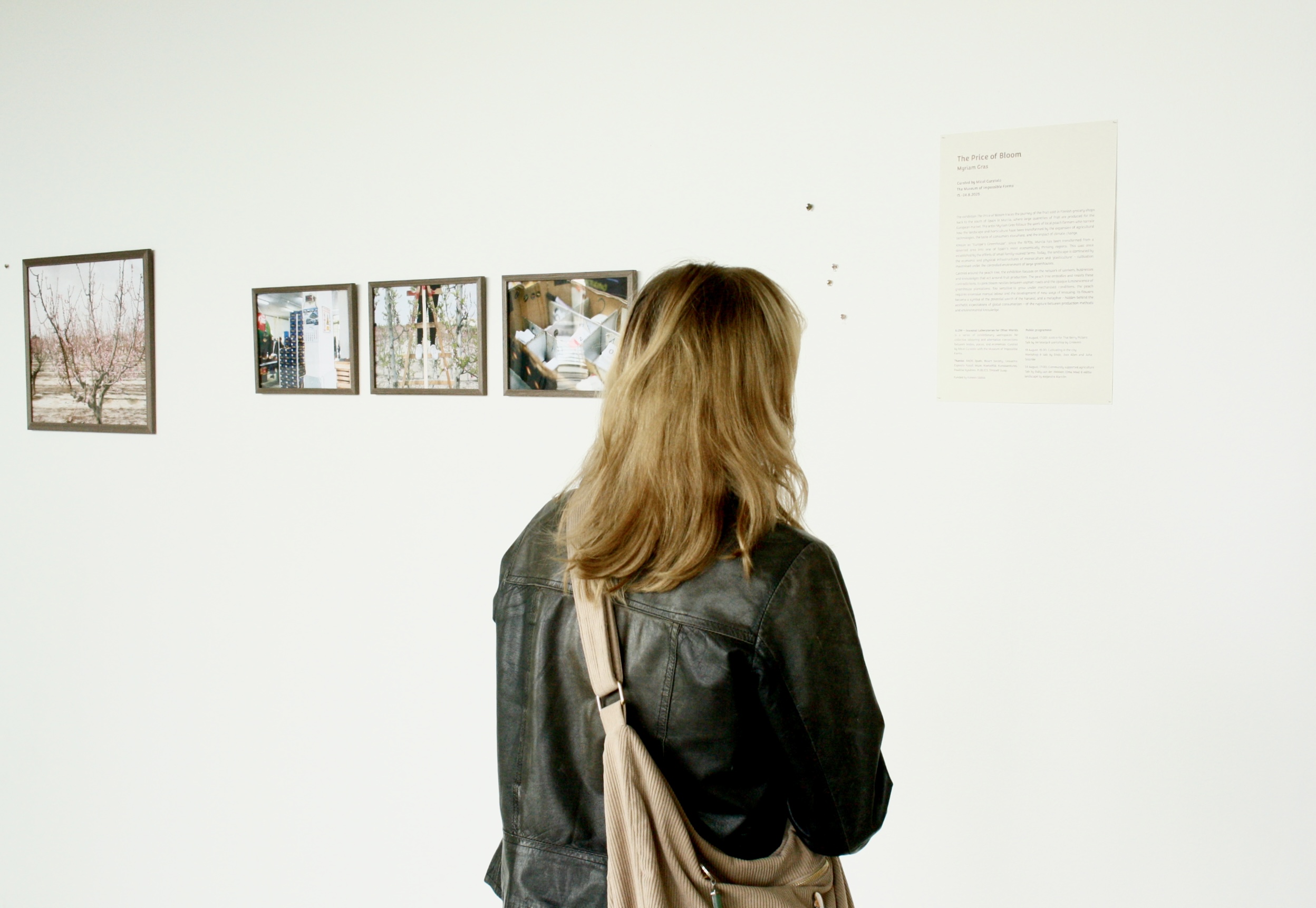
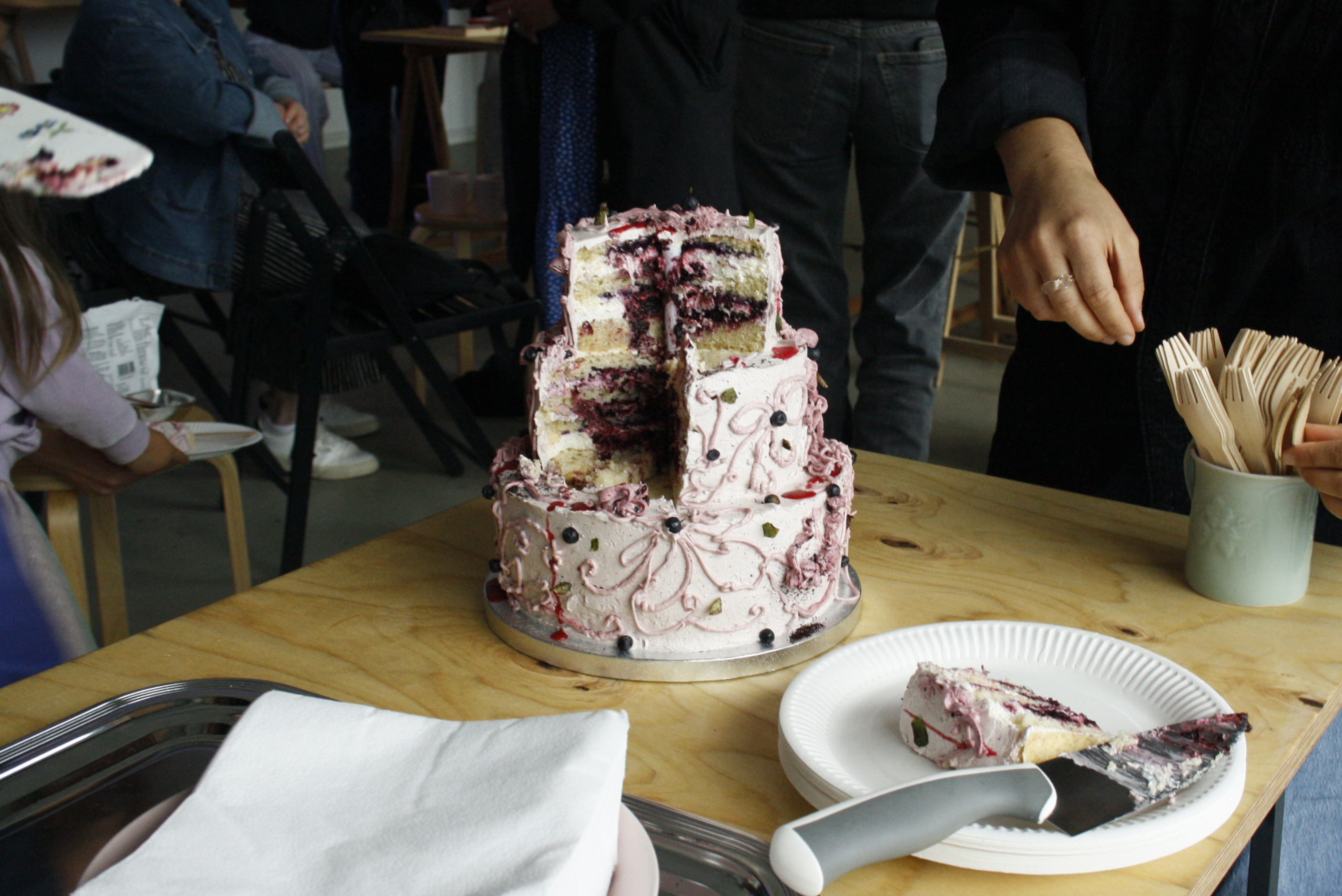
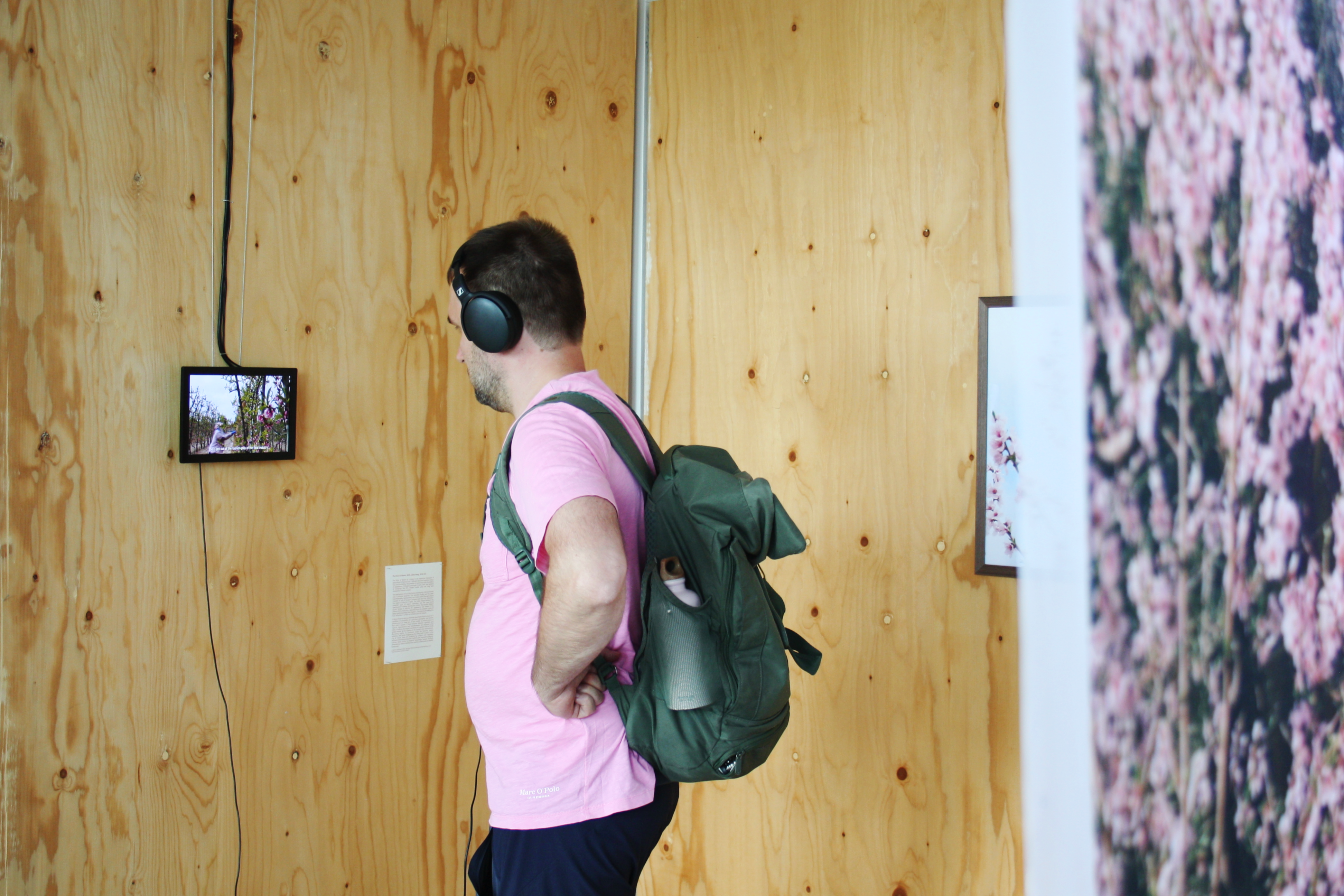
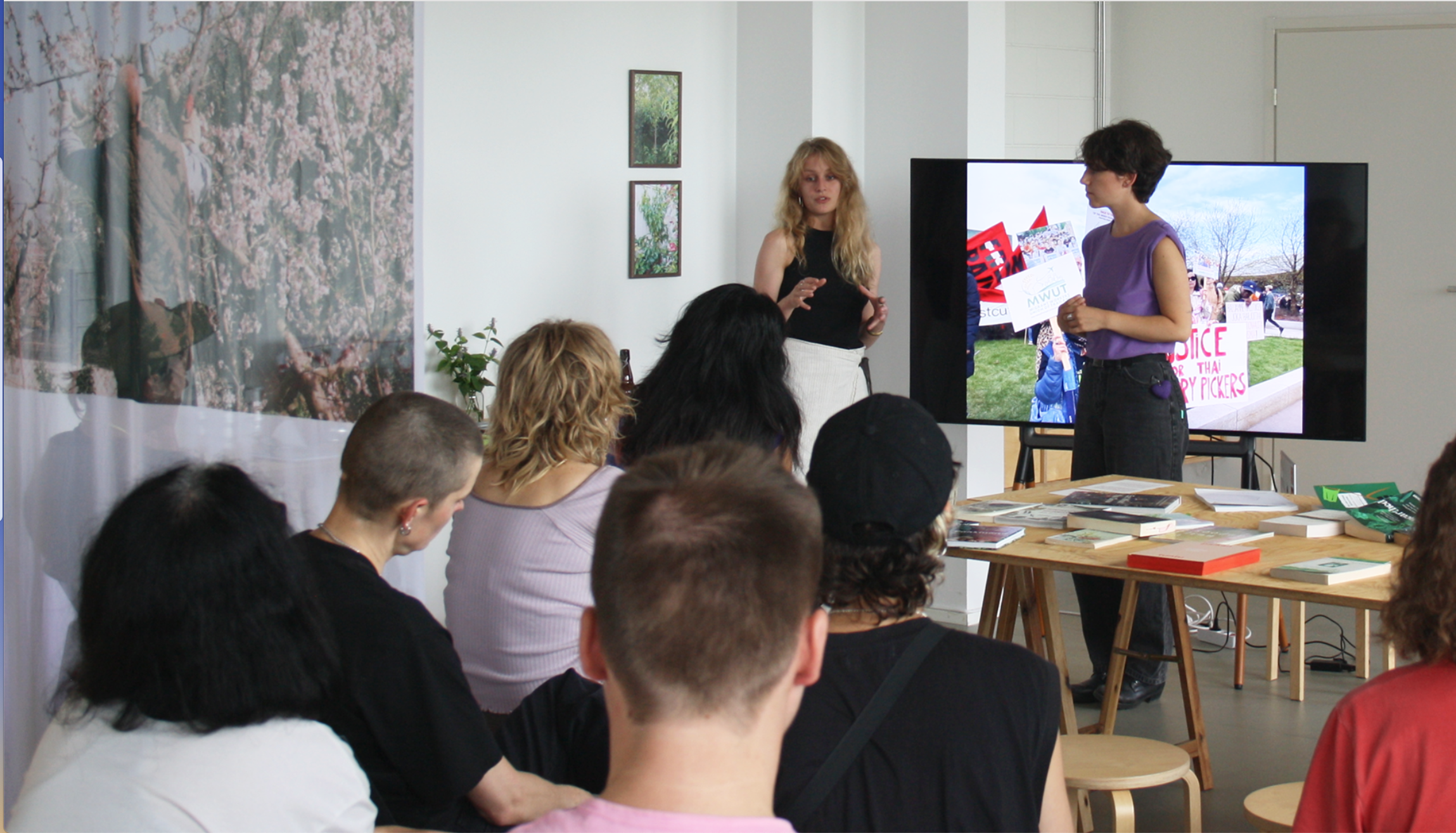
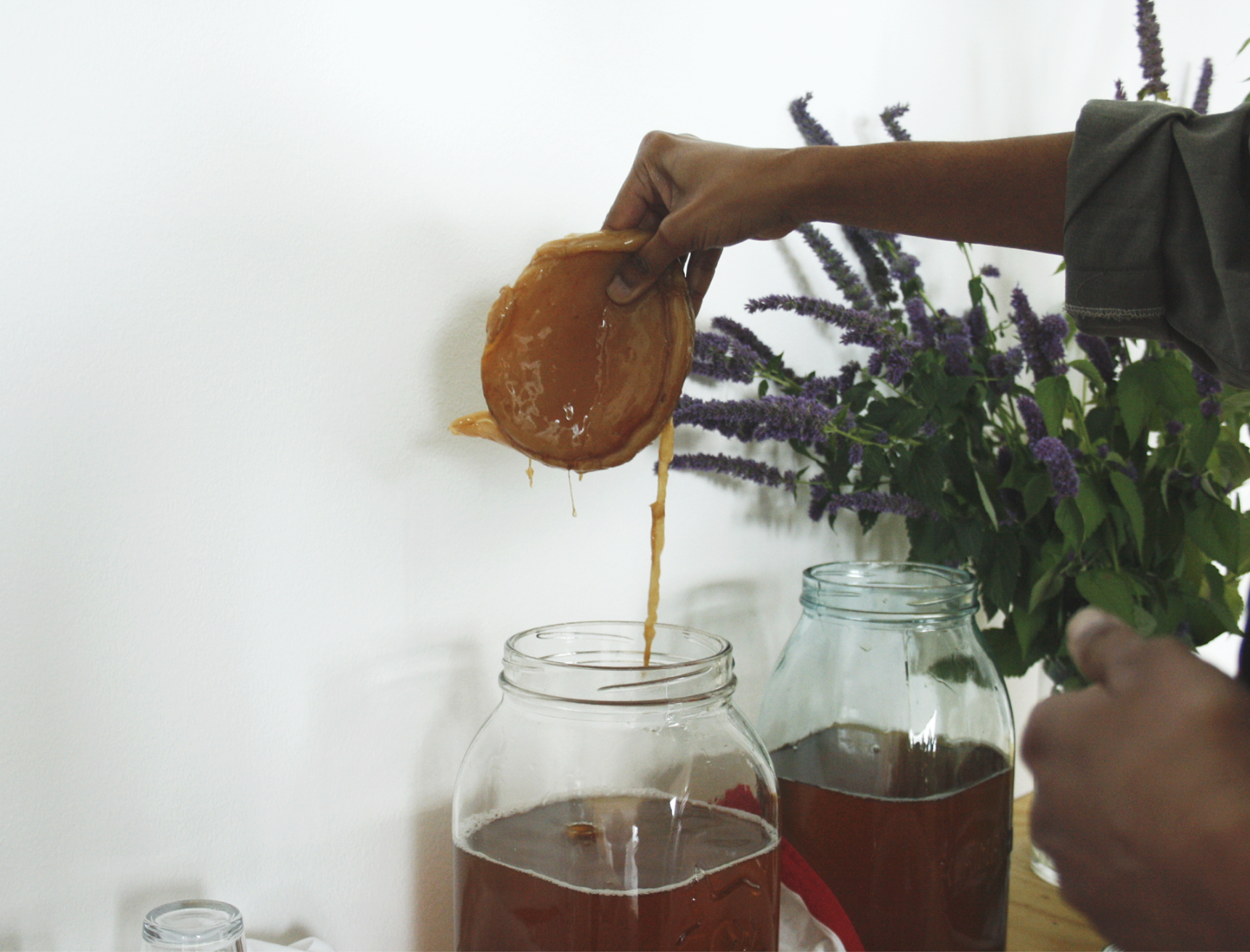
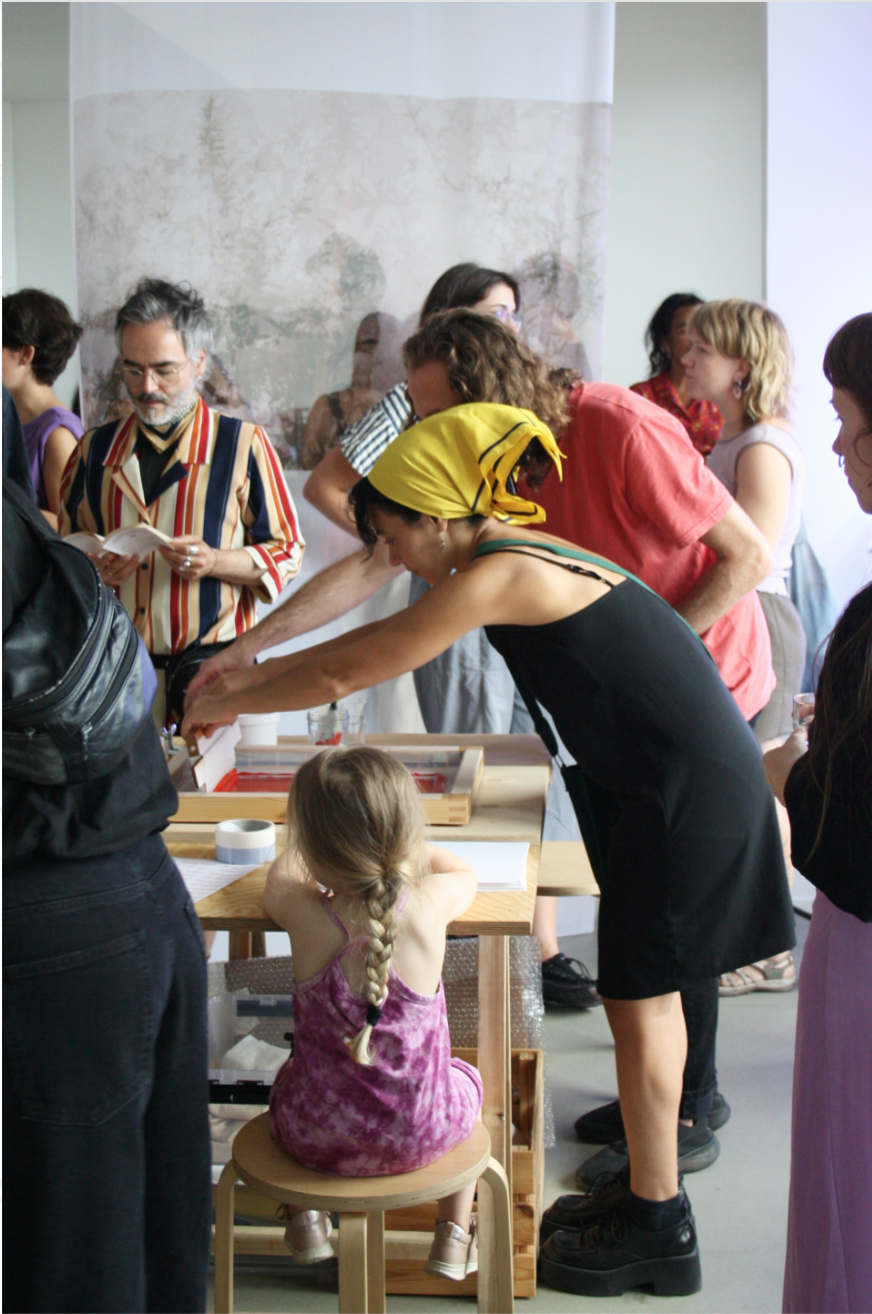
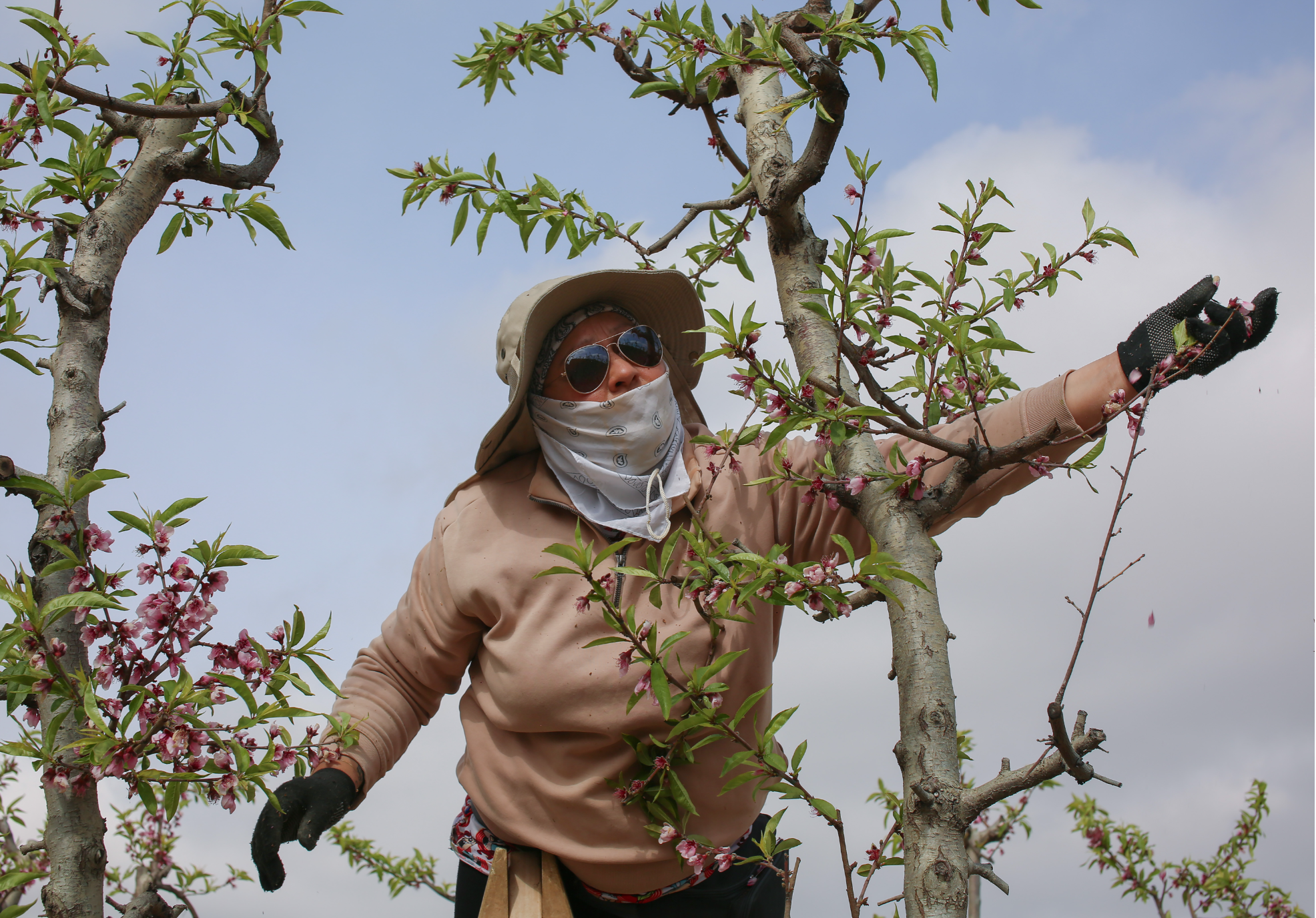
PROGRAM
15th August 2025, 17:00-21:00
BLOOD BERRIES: JUSTICE FOR THAI WORKERS IN THE FINNISH BERRY INDUSTRY
The activists of Verimarja present the latest developments of the human rights case opened by workers travelling from Thailand to pick berries for the Finnish industry. We gather a list of products to boycott and screen-print stickers with Groovink, to mark the produce in our local stores, growing awareness on this breach of international workers’ rights.
19th August 2025, 16:30-19:30CULTIVATING IN THE CITY: KOMBUCHA FLAVOURING AND TABLE-TOP DISCUSSION
How can we change our relation to food production and consumption as city dwellers? Urban gardening through community effort, horticulture in city allotments, or growing fruit on our balcony can be a response to the limitations of city life and the impact of climate change. We think through these questions with Dodo ry, an environmental NGO based in Pasila; researcher and artworker Joss Allen; and Juha Solantie who is growing and teaching about specialty fruit from his backyard in Pirkkola, Helsinki.
24th August 2025, 17:00-20:00
ALTERNATIVES TO THE GLOBAL FOOD MARKET: COMMUNITY SUPPORTED AGRICULTURE AND SOLIDARITY ECONOMY
Ruby van der Wekken is a producing member of Oma Maa food cooperative in Finland. Community supported agriculture schemes foreground the need to help farms and farmers practising sustainable agriculture, and this is a very important need to be acknowledged and acted upon. But beyond this, they are tools of hope! An invitation for all of us to explore the potential for social and ecological systemic change through our engagement with agriculture and food, whilst situating them within a wider project of envisioning and building solidarity economies.
During the finissage, we are accompanied by an Edible Landscape by Alejandra Alarcón and kombucha tasting by Dodo ry.